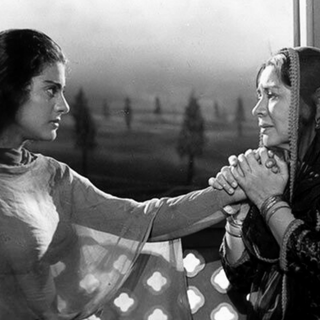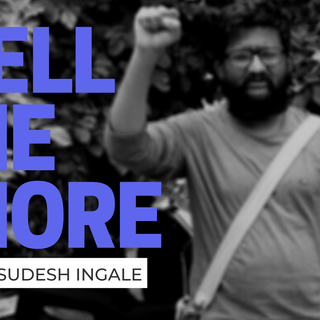In It’s Okay, we defend our most embarrassing, unpopular opinions.
Cynicism, especially applied to political thought and social justice activism, has been on the rise in the latter half of the past decade. Being cynical is largely considered a good, even ideal, way to approach social issues, because it means not being complacent about the world around us, wanting to effect change, and not taking powerful institutions and people at face value. But the value of cynicism has been overestimated, to the point where, especially online, it is the norm, and for some, even a mandate.
But what if you’re not cynical all the time? What if you participate in an Instagram campaign to lift up other women without opining about how useless it may be? What if you don’t let a politician’s disparate views about a niche issue overshadow the undeniable good they do for their constituents? What if, sometimes, you decide to celebrate an influencer’s advocacy instead of constantly poking holes in their identity?
Related on The Swaddle:
It’s Okay: To Brag About Yourself
Well, you’re okay. Cynicism may be a normative mandate today, but it’s not necessarily always a good, effective approach. In an increasingly polarized world, cynicism can act as yet another contributor to partisanship. It promotes the unattainable goal of a perfect, irreproachable activist while constantly alienating and isolating those who don’t fit that bill.
Research shows that while cynicism increases people’s desire to engage with social justice issues around them, it simultaneously zaps their ability to effect any change on a significant level. One way this happens is through the normalization of satire, irony and ideological challenge to any concept, which makes consuming outrage about a trending topic an almost passive exercise, eventually desensitizing people to more tangible, effective forms of activism.
Cynicism, while a valuable thought exercise, can also become crippling and, sometimes, the easier way out of an ideological battle. Research shows while laypeople believe cynicism to reflect a person’s cognitive superiority, it’s often not the case. “Holding a cynical worldview might represent an adaptive default strategy to avoid the potential costs of falling prey to others’ cunning,” which is a more emotional response that has little to do with the validity of any argument. In that way, constant cynicism may even signal a lazy, often irrational approach (disguised as an overtly rational one).
Given the grey areas surrounding cynicism and its effectiveness, it’s imperative we encourage healthy skepticism and questioning of thought, while pushing back against the aura of self-righteousness that often plagues cynicism. And for those who don’t want to be cynical, or can’t be about everything they encounter, it’s important we remove the mandate and encourage a debate that’s inclusive, rather than exclusionary.
You’ll be alright.




